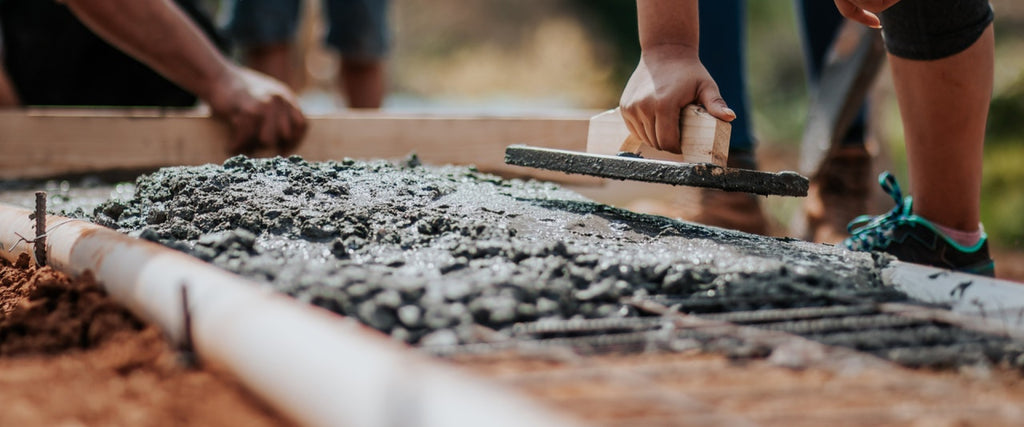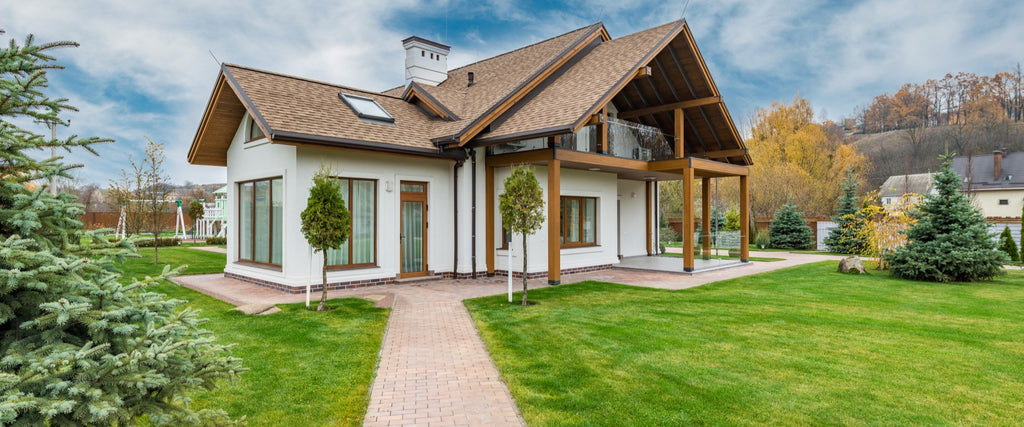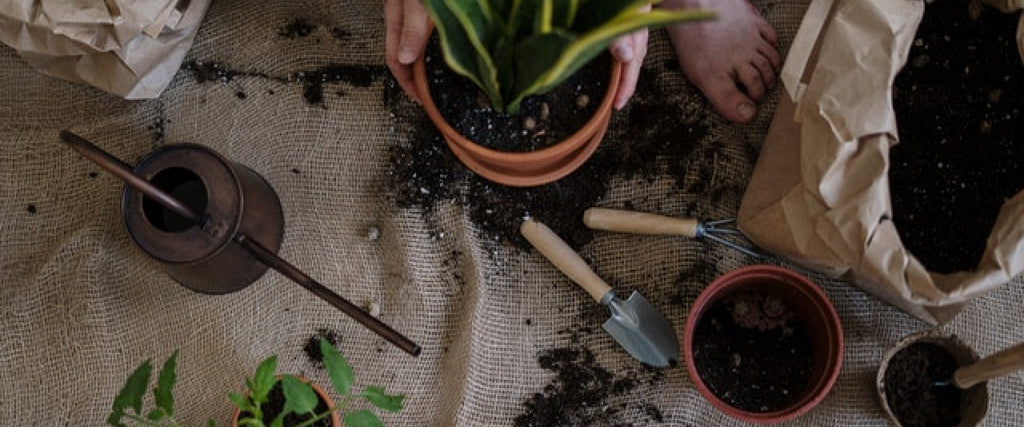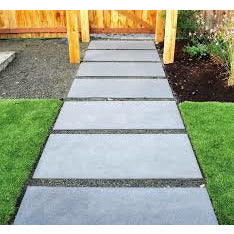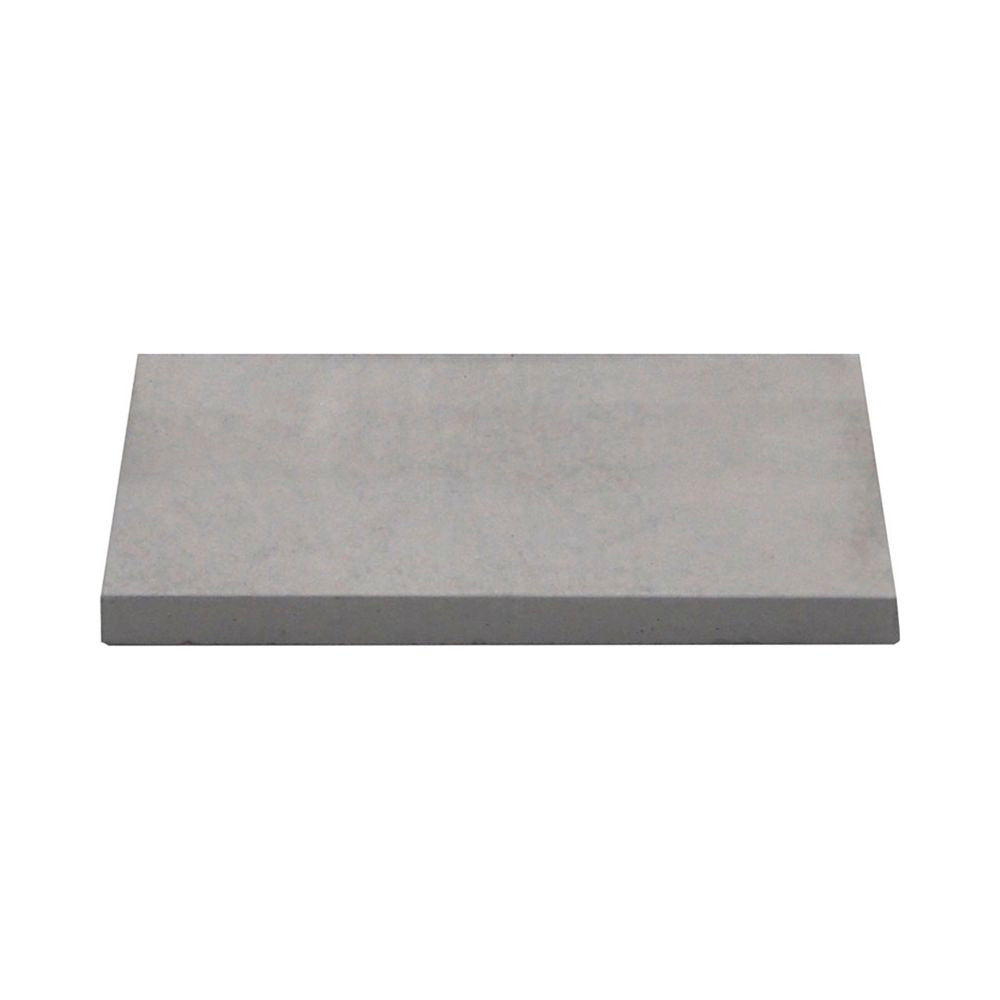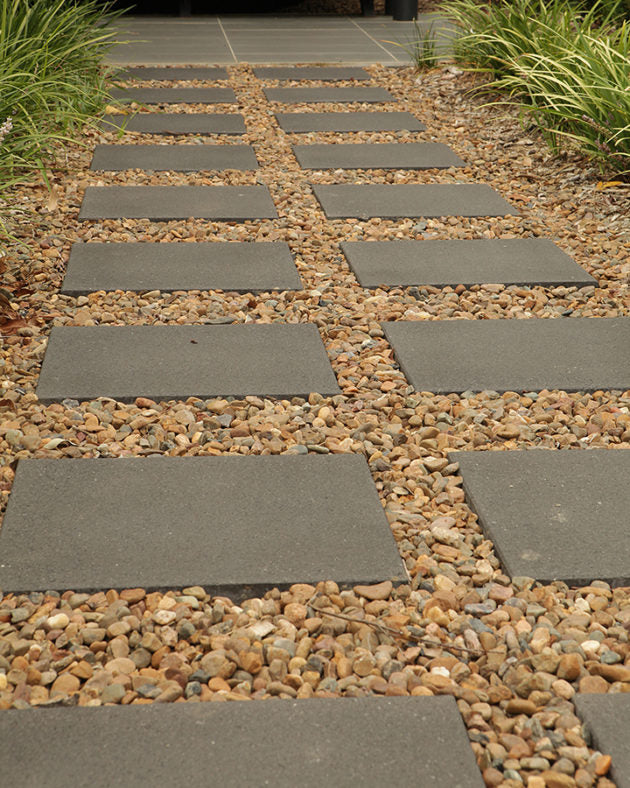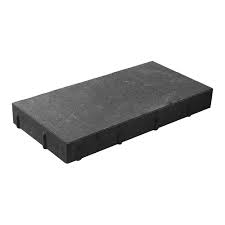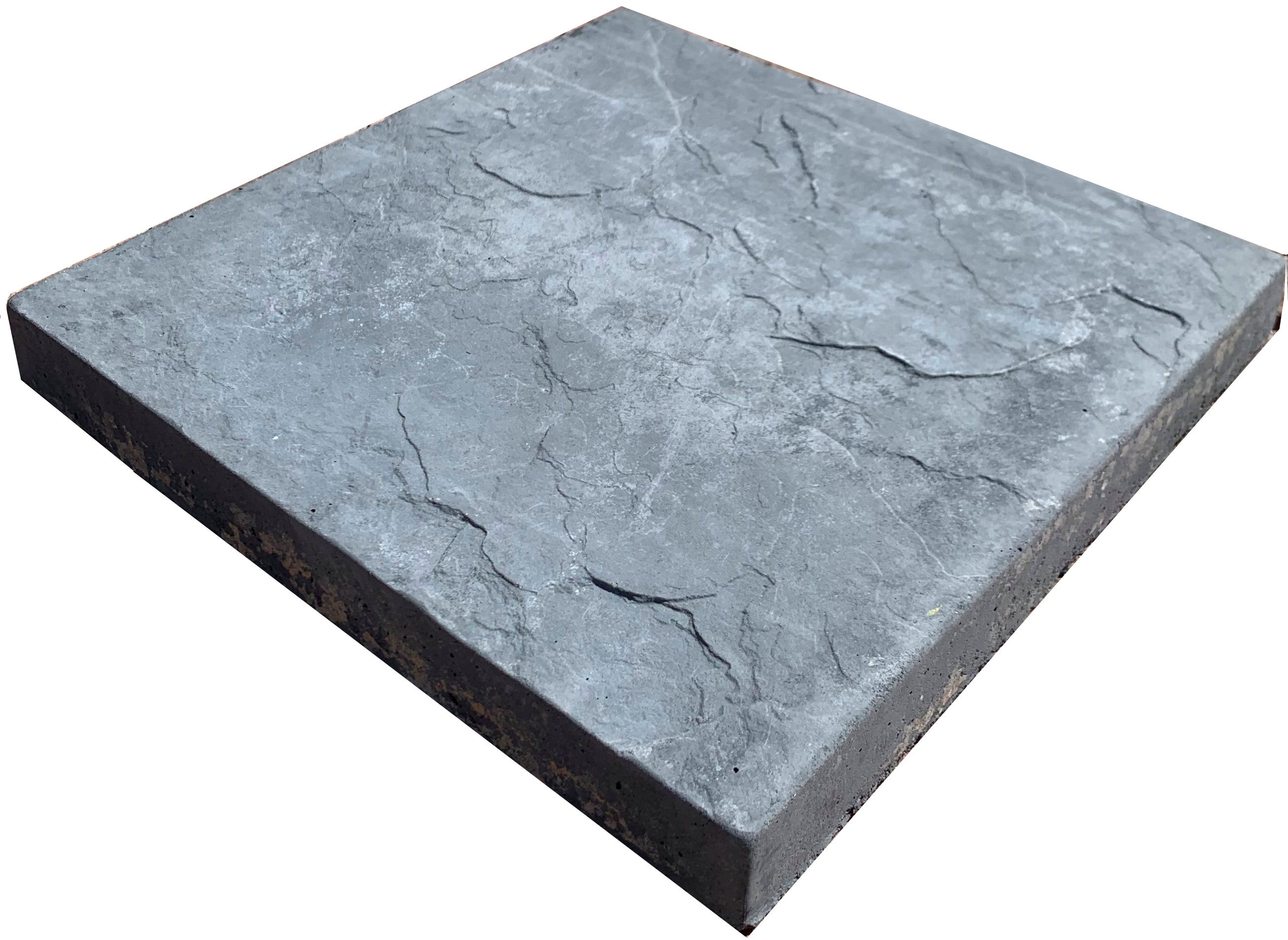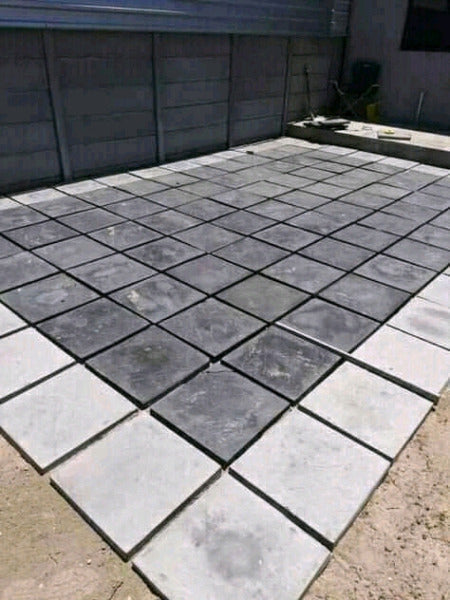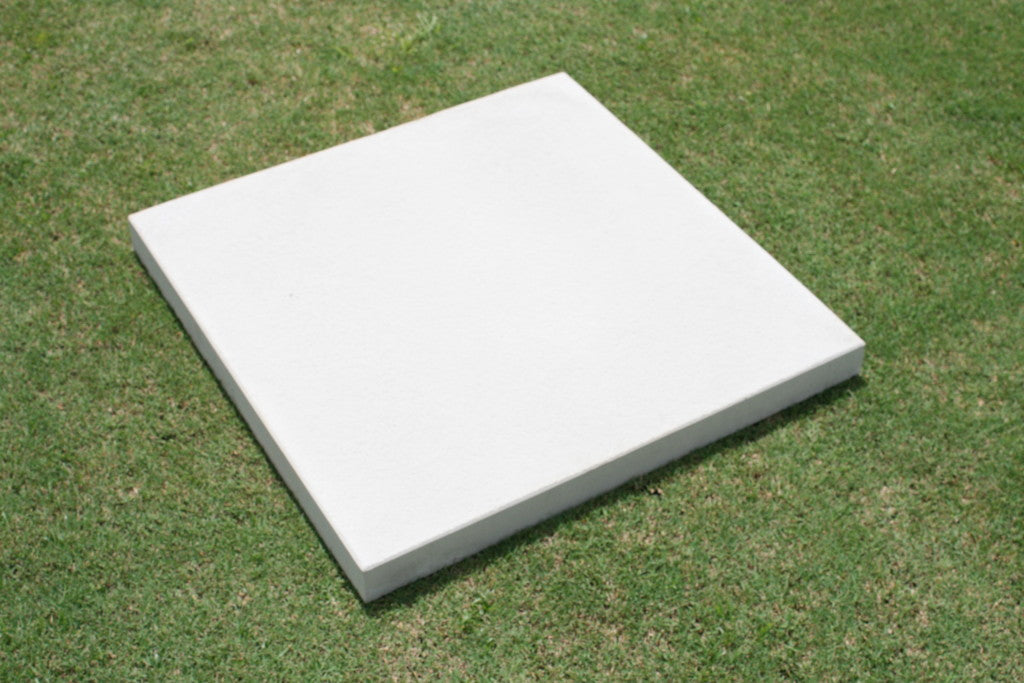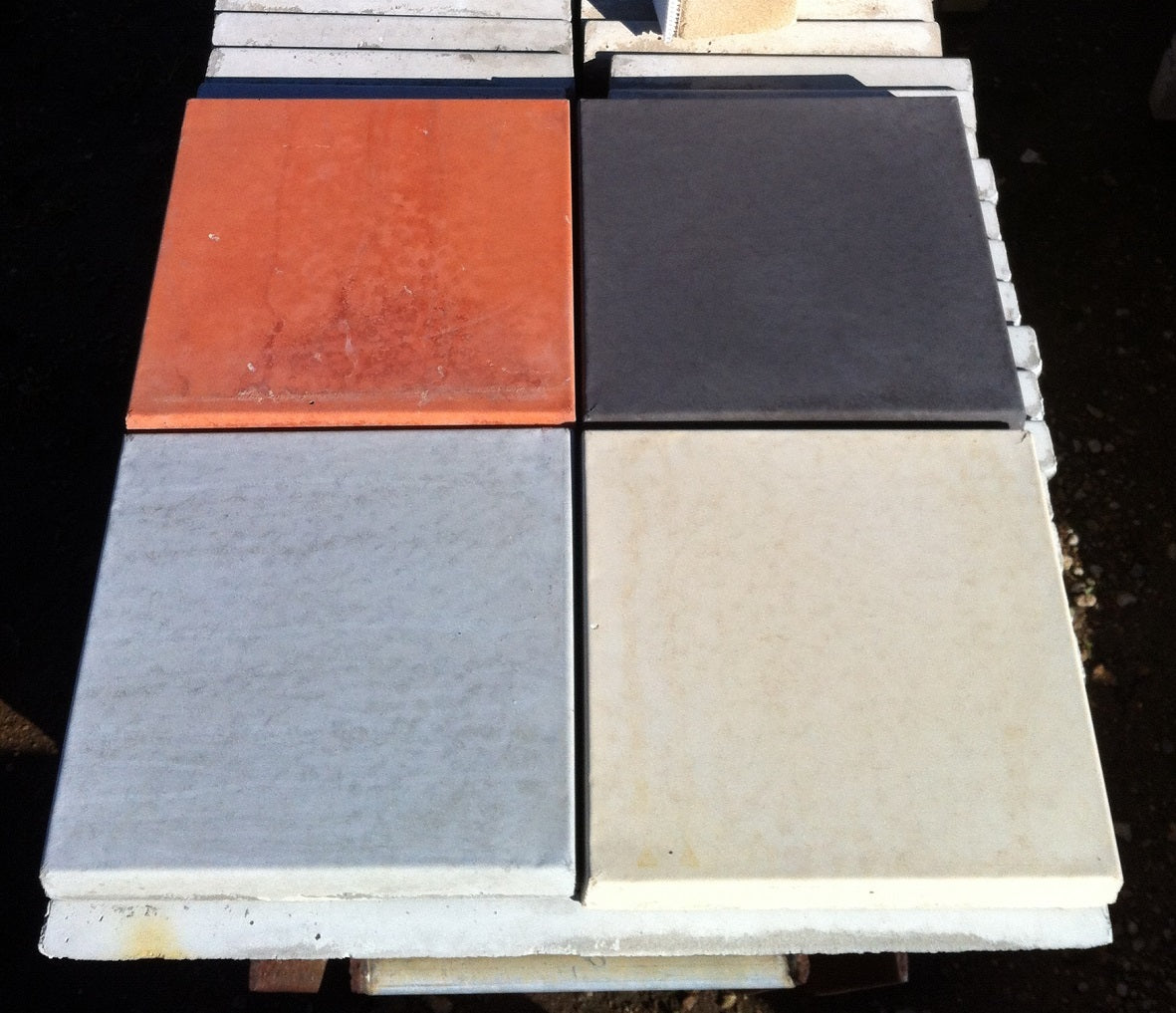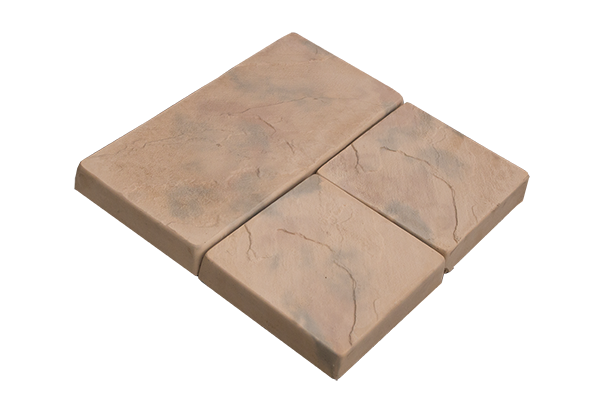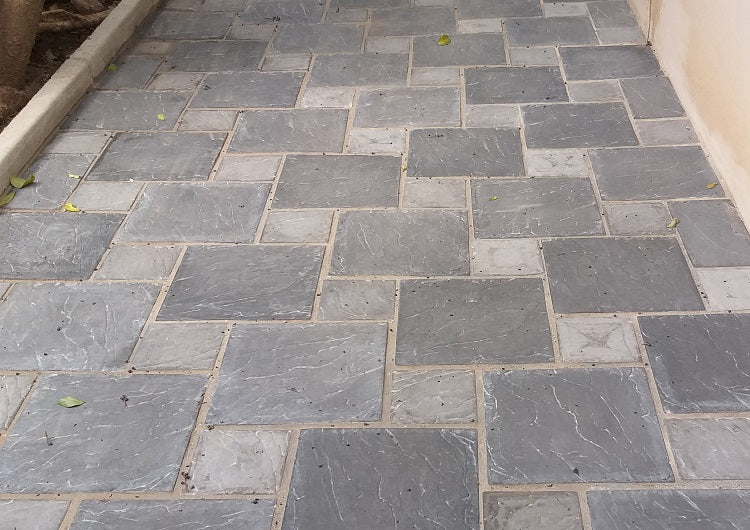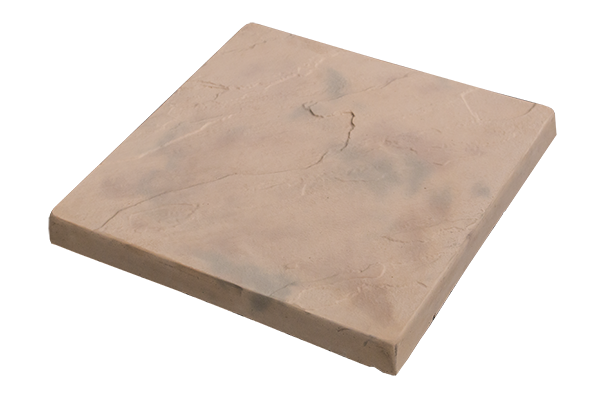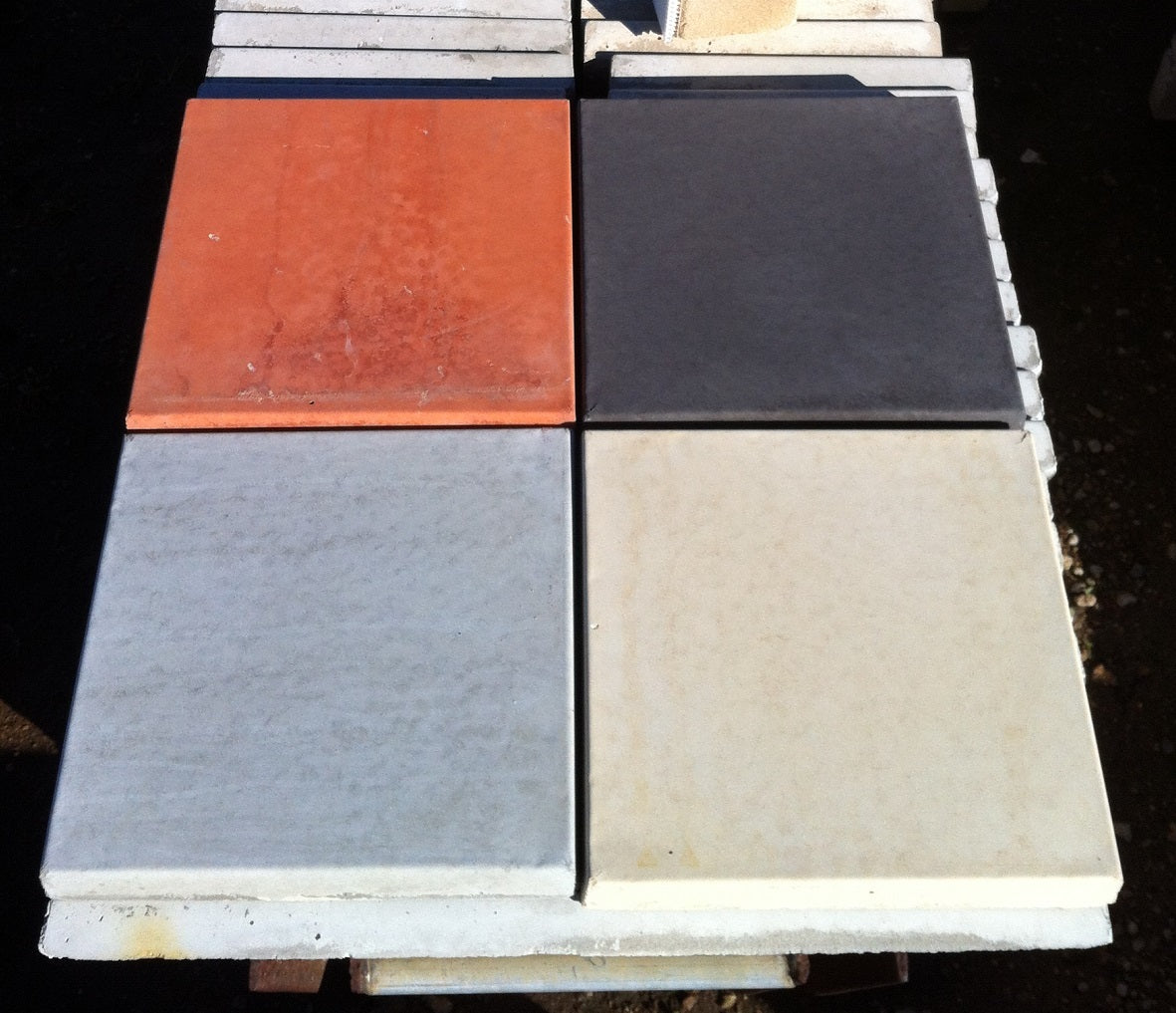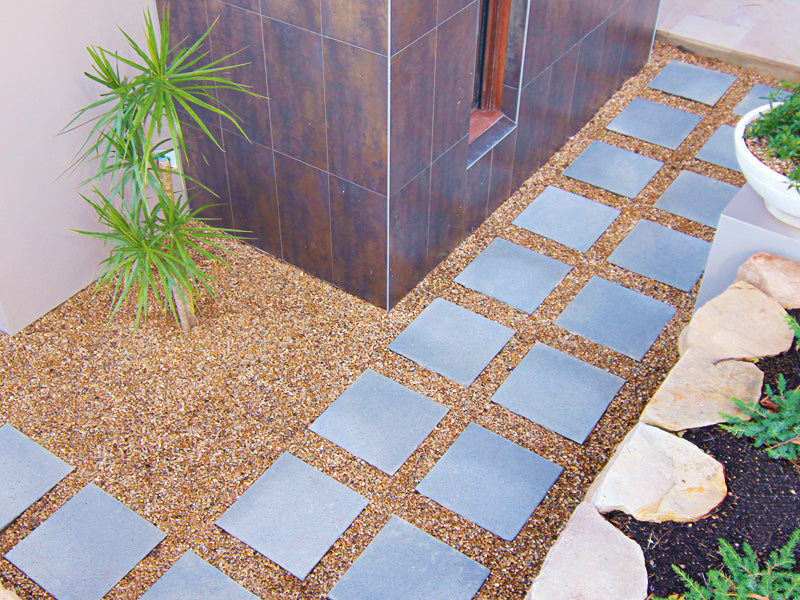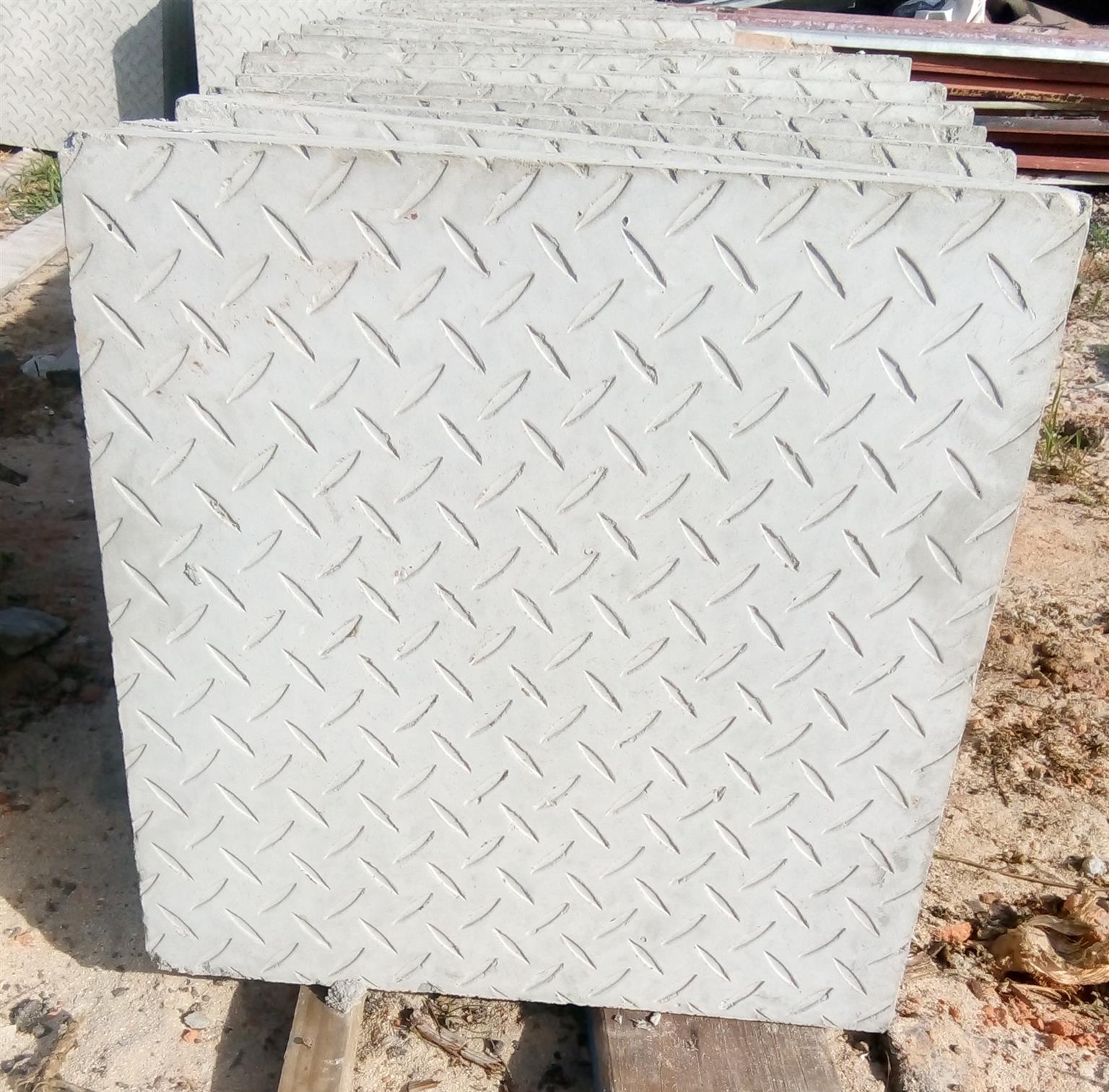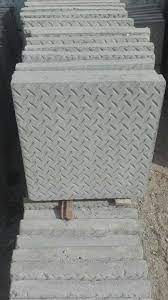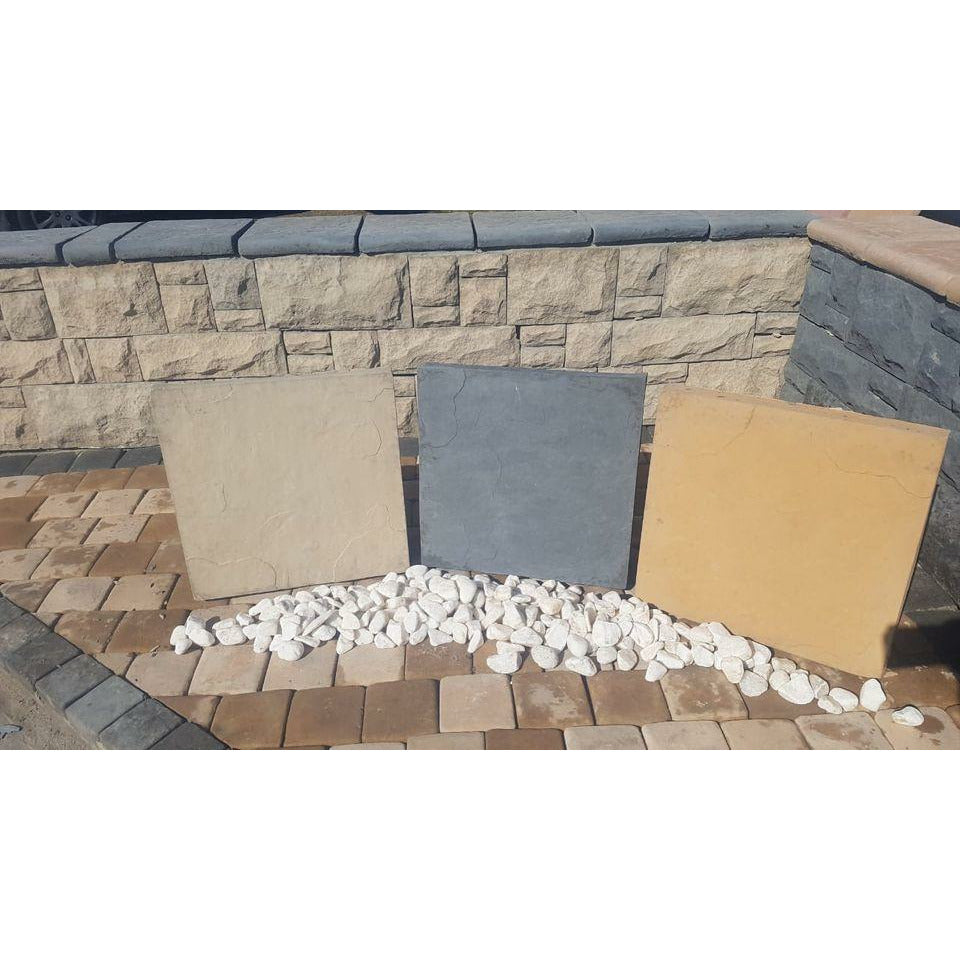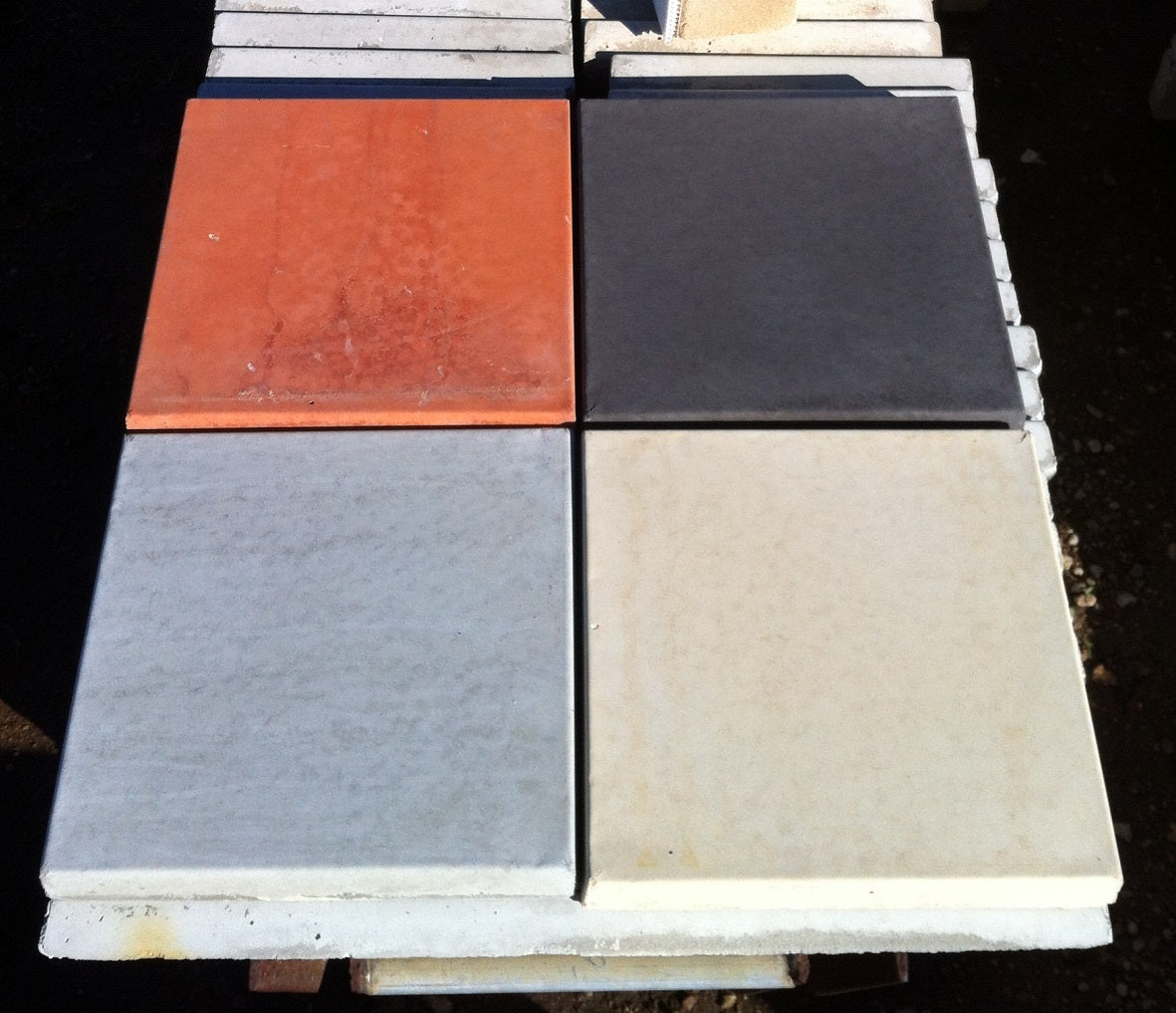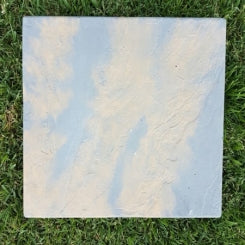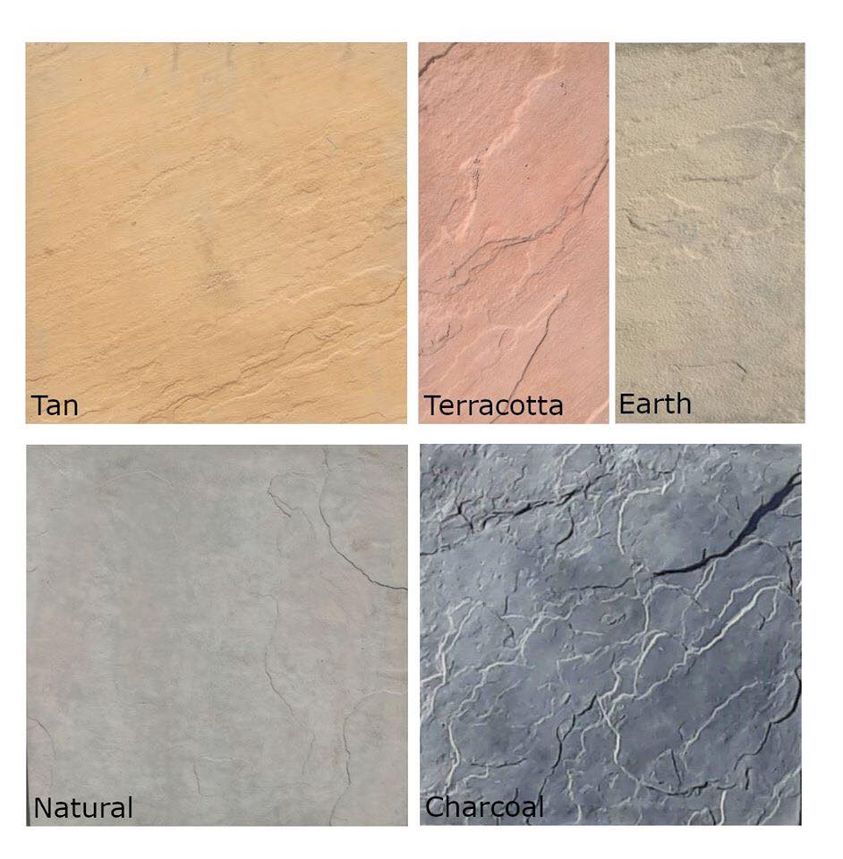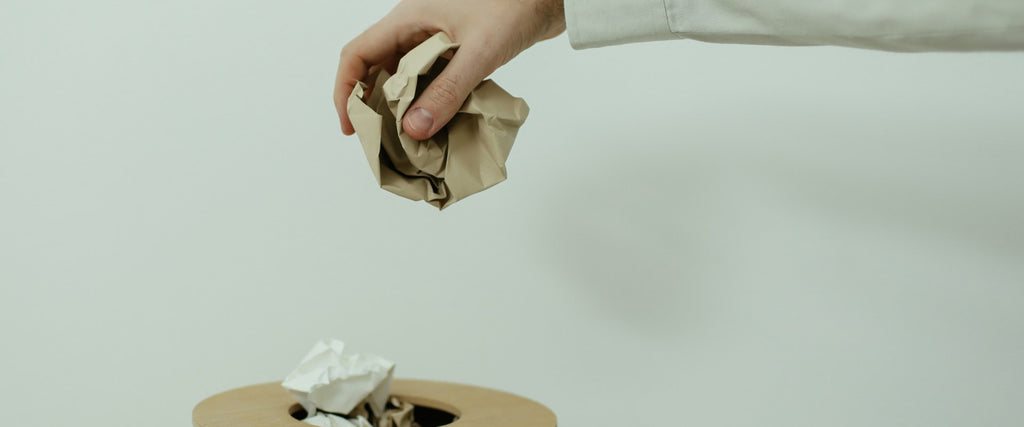
What Is Composting?

Composting is the method of combining organic materials, such as food scraps, yard trimmings, and manure, with soil to make an organic fertilizer that can be used on plants or gardens. This practice not only helps the environment by reducing the amount of waste that goes into landfills, but it can also improve the quality of your garden’s soil and help your plants grow better, stronger, and healthier. Before you start composting on your own, learn about what composting actually entails so you can go about it safely and effectively.
1) Why should I compost my waste?
Do you ever feel guilty throwing out food scraps or paper towels after wiping up a spill? If so, composting may be a good way to remedy that guilt. Composting is an easy, natural way to reuse your waste. And not only does it help decrease landfill pollution, but it can also turn your own trash into fertilizer for houseplants and garden plants. By adding organic materials like paper towel, eggshells and fruit peels to your compost pile (or bin), you're adding nutrients back into the earth. Unlike garbage disposals, compost piles don't pump anything down any drains; they simply break down natural material in open air.
2) How should I store composted materials to make them last longer?
First, you can store your composted materials in plastic bags or bins. The problem with storing them in plastic is that it locks in moisture. But if you make sure to leave a little space at the top of your bag, air will be able to get inside and allow moisture to escape naturally. Composted materials will continue breaking down while they’re being stored, but you won’t want to store them for longer than a few months.
3) How do I get started composting at home?
There are three main types of composters you can choose from: tumblers, worm bins and bin composters. Each one has its own benefits and drawbacks, but if you’re just getting started, tumblers are easiest to use, because there is no pre-processing needed to get it working. Worm bins require more maintenance than tumblers, but they offer an excellent method for aerating your compost as it decomposes. Both types of worm bins require a little bit of investment in upfront costs before you can begin using them—namely, plastic storage containers and bedding materials such as newspaper or cardboard. Bin composters are generally less expensive than other options on a per-unit basis because they have a smaller footprint and cost less money to purchase.
4) Which type of composter is best for me?
There are a number of great resources available to help you get started. Many garden supply stores sell compost bins, or you can make your own using recycled materials. If you want to start composting at home but don’t have room for a large container, try building a tumbler—which is basically an upright barrel that turns as organic material breaks down. Simply pile your garden scraps on top of newspaper and put some moisture on top (use either water or just bury it in damp soil) and watch as things turn into rich black dirt in about two months! You can use that soil anywhere around your house plants, just be sure to let it dry out before adding it back into their pots so they don’t take up too much water.

